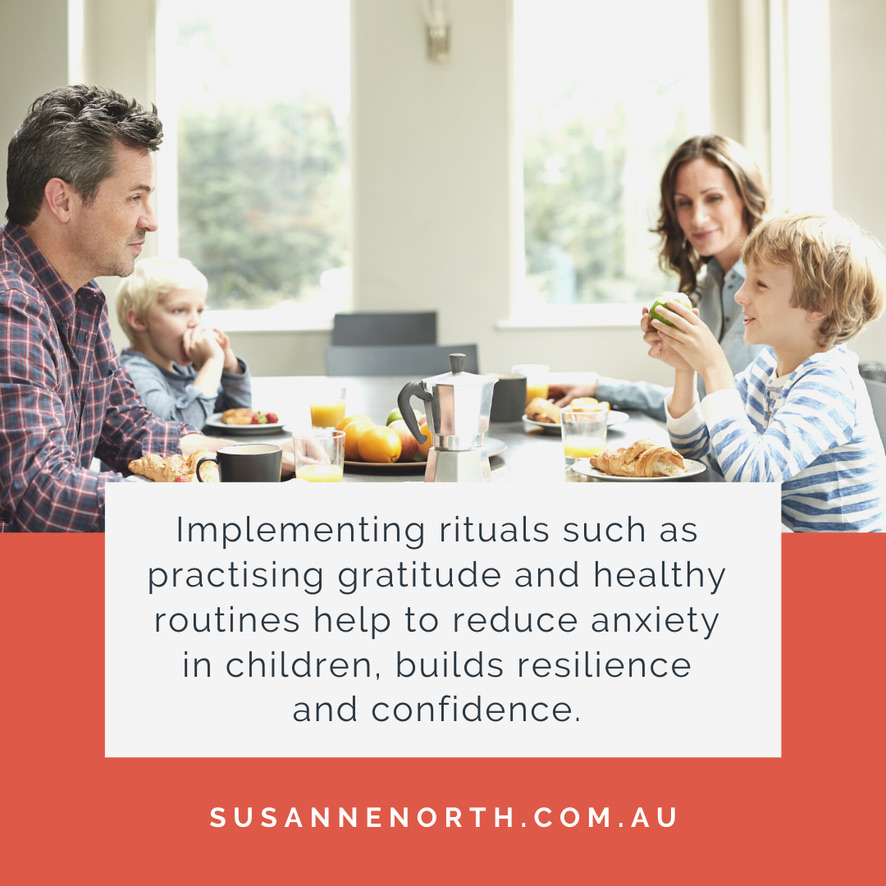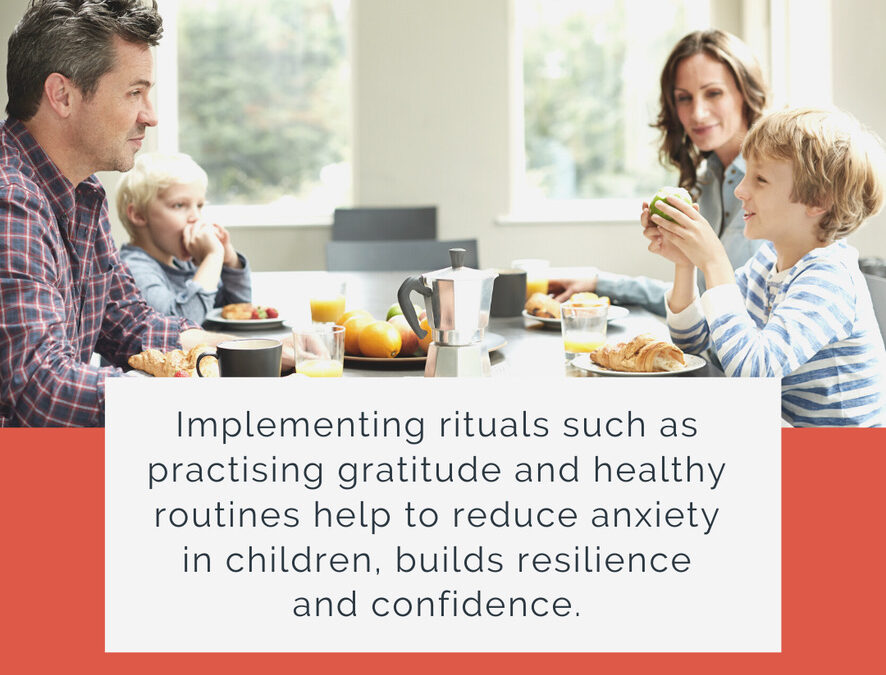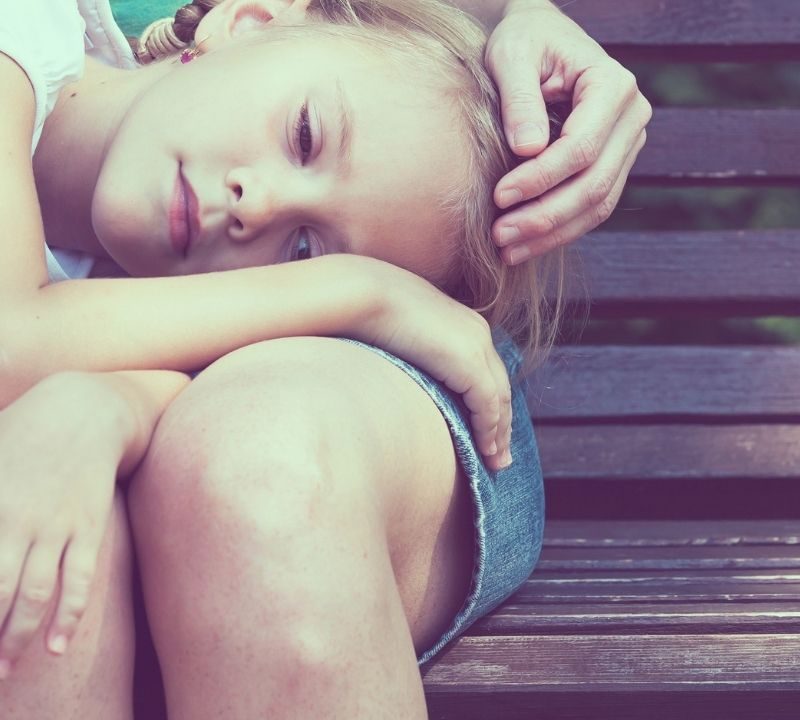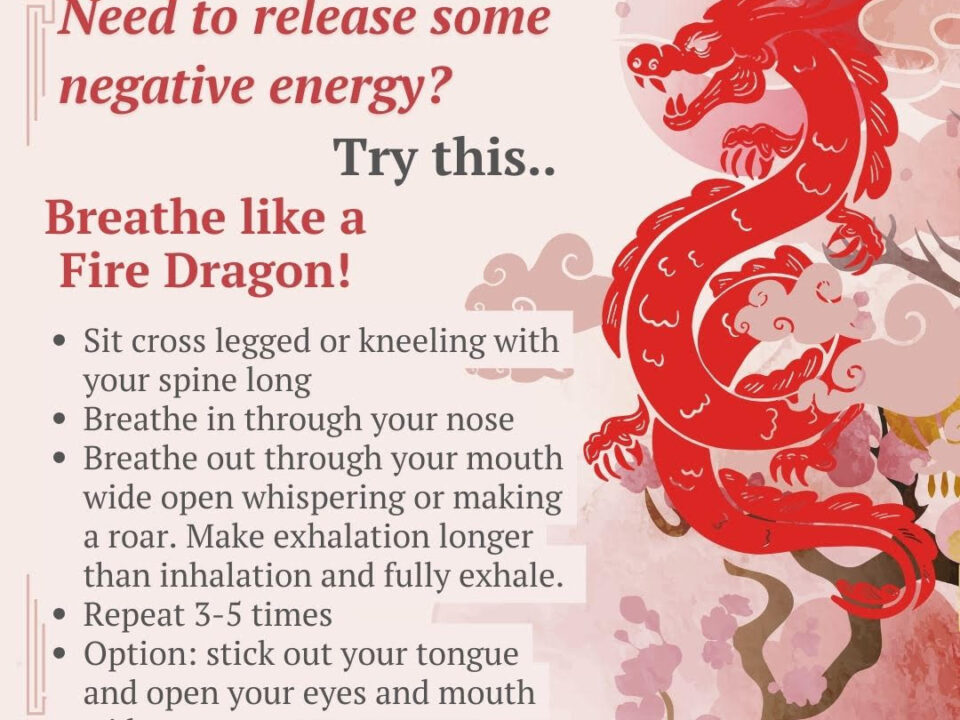
Into the Heart Women’s Retreat SOMA Byron Bay
16/12/2023
When parents feel triggered: a 3-step approach to remain calm
15/04/2024Re: 2024 Children’s Mental Health Week theme of “My Voice Matters.”
It is about empowering children and young people by providing them with the tools they need to express themselves. As parents and educators, we can teach our children how to express emotions in a healthy and productive manner. We can also have conversations with our older children as to who they could turn to in times of need and challenges in order to get their voice heard, in particular when something really matters to them. Make a list together of all the people at school/pre-school and at home to which your children can turn to when they need to be heard.
Here are some useful links and activities you may wish to use to develop a list of adults that your children can turn to.
Anxiety levels among children are very high in Australia. According to a report issued by the Black Dog Institute in 2021, 1:3 primary school-aged children, and 1:7 high school students are suffering from anxiety. Whilst experiencing anxiety at times is normal and functions as a healthy motivator, being in a constant stress/fight/flight/freeze state is not. High anxiety can be debilitating, preventing children from living life to the fullest.
What can we do as parents?
- Slow down the pace for your children
- Do not overwhelm them with too many activities
- Re-think your expectations. Adult expectations are different from children’s expectations
- Be present when you can, and create opportunities to connect with your child in a meaningful way
- Teach them emotion regulation
- Create regular micro-moments during the day that function as ‘pressure valves’ where children can release accumulated stresses from the day, such as allowing them to play, dawdle and just be rather than do. This also helps them to fall asleep quicker during the day.
- Plenty of unstructured play and nature is the best pressure/stress release for children. It is their way of learning about the world and themselves
- Have fun together
- Focus on your children’s strengths, rather than their weaknesses
- Love them ‘no matter what’
- Allow them to grow up slowly
- Minimise technology and digital devices




